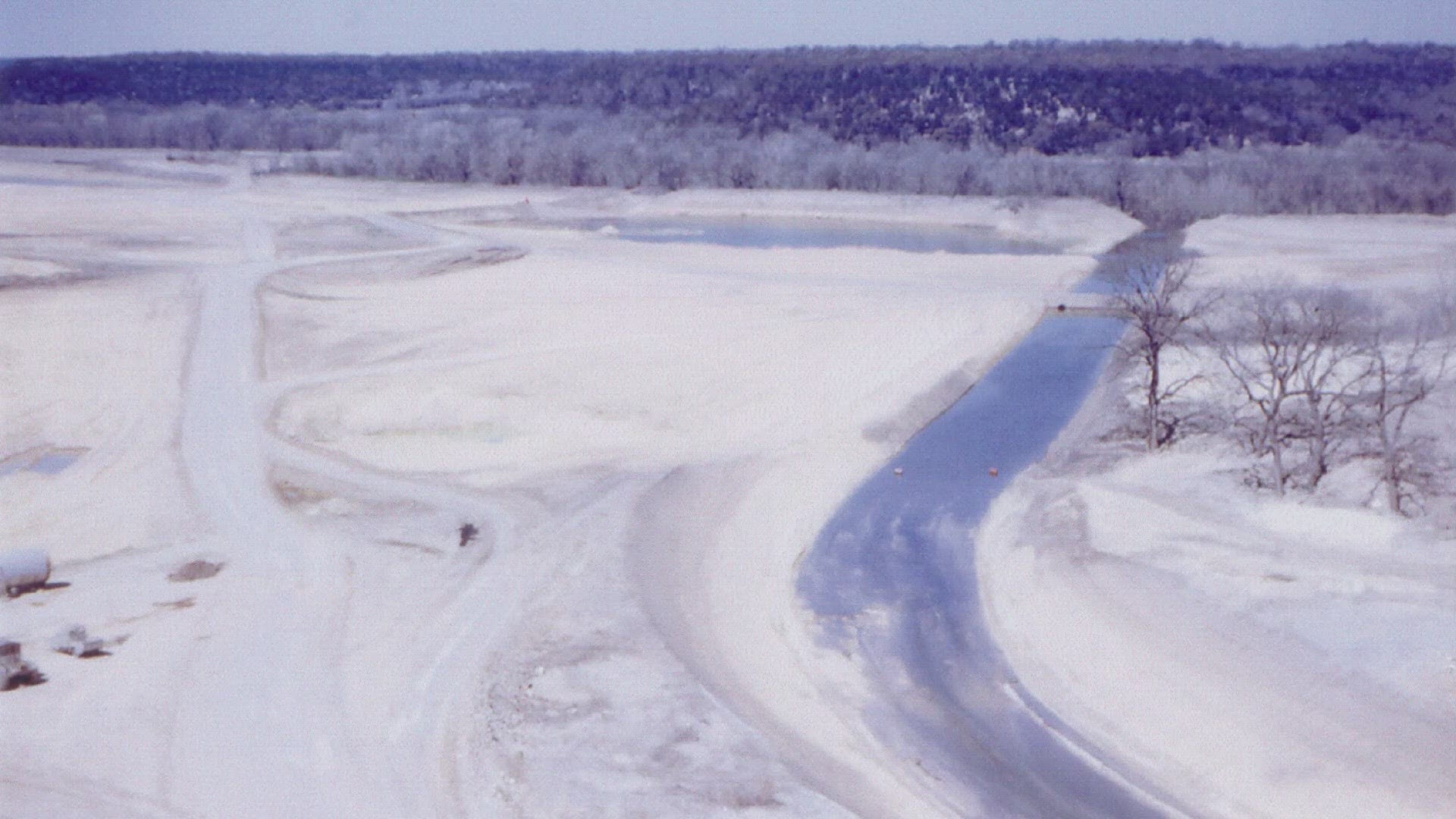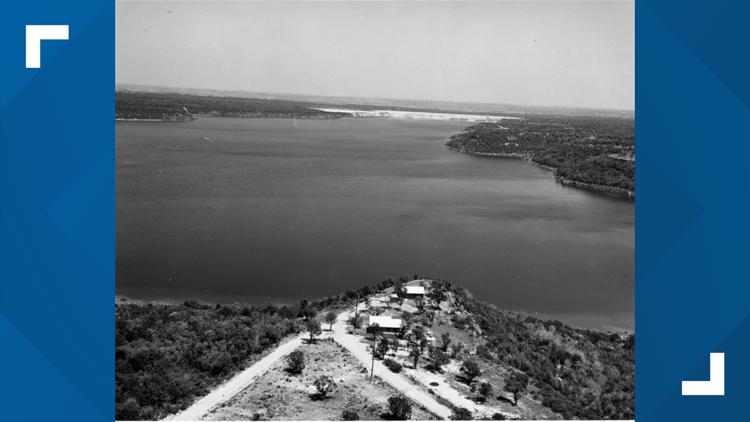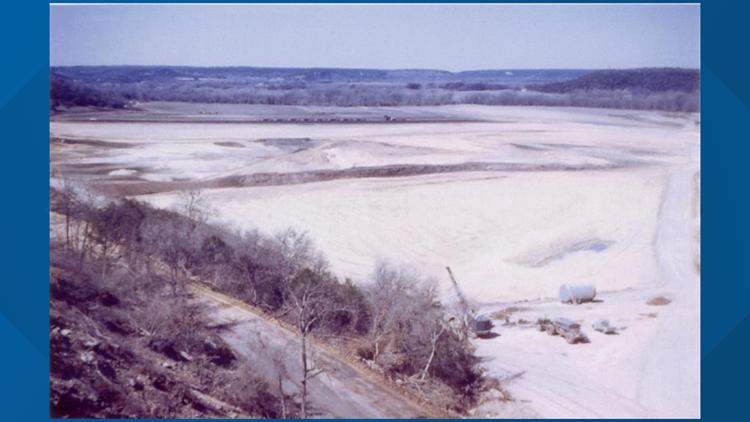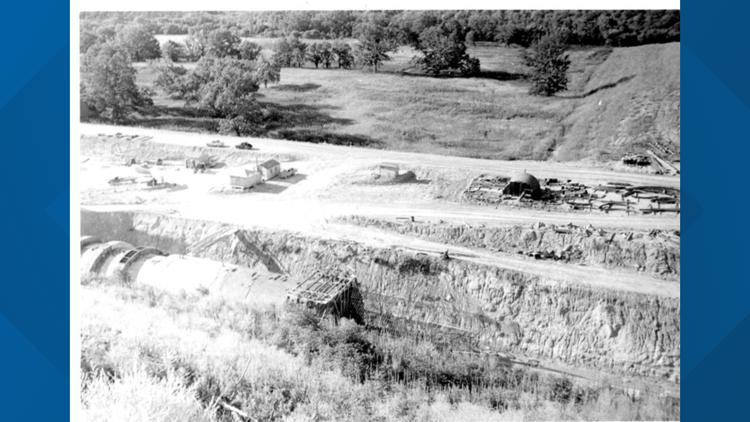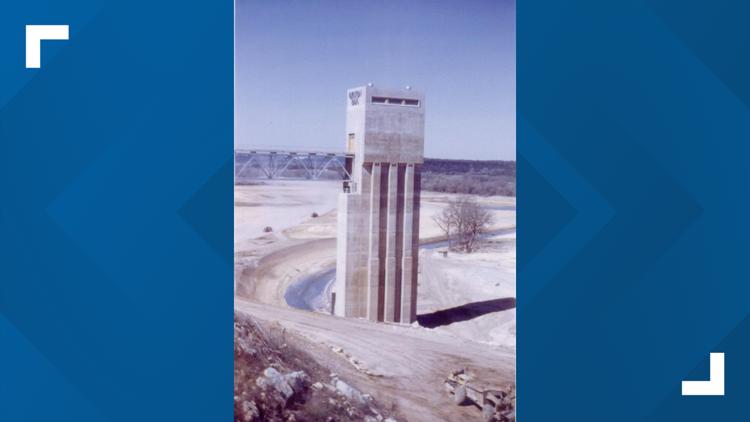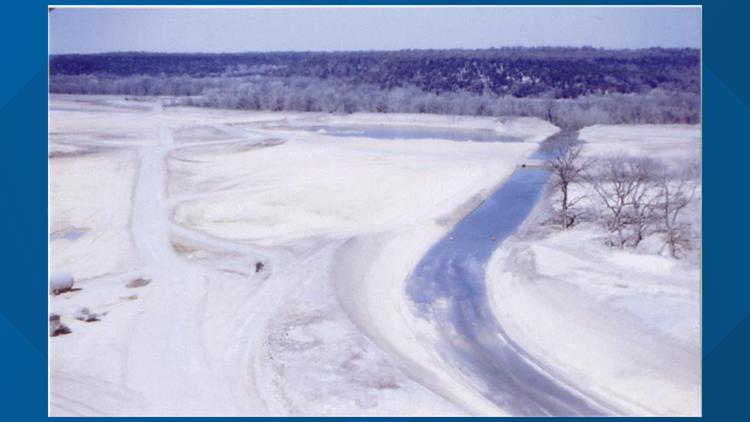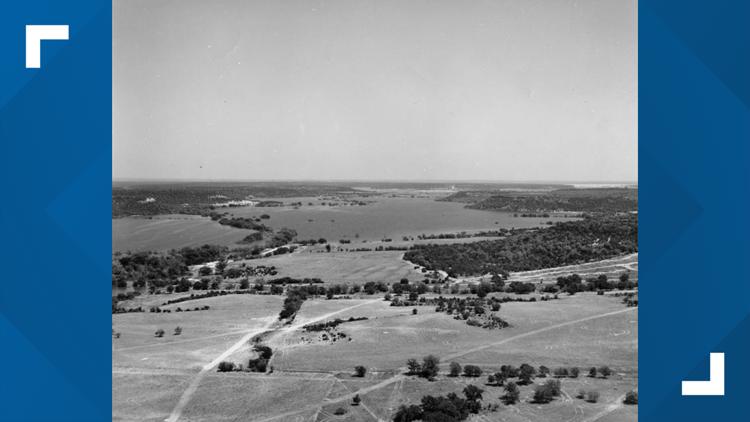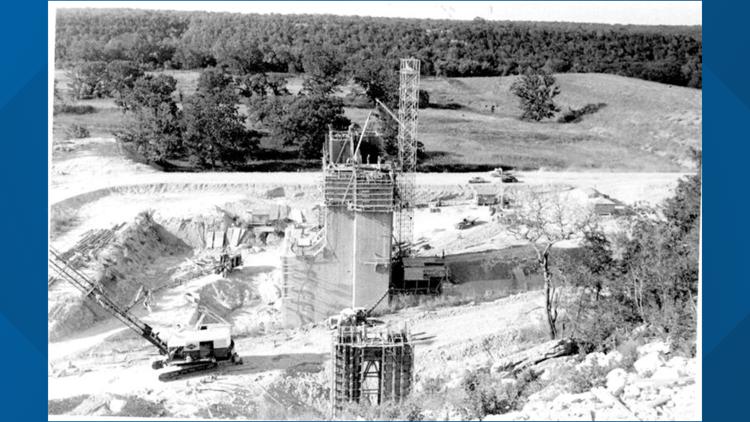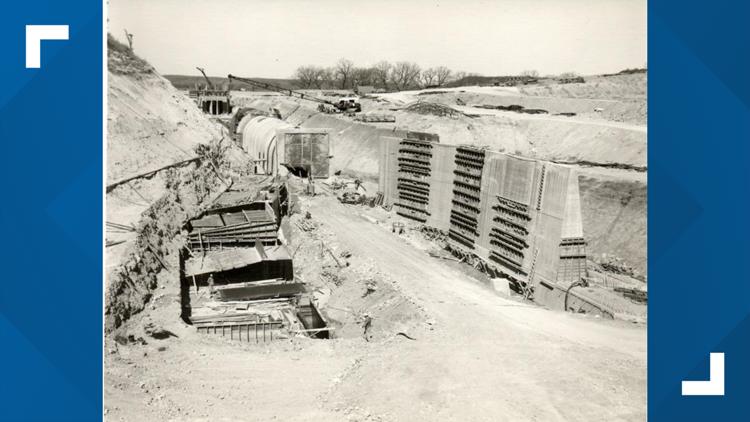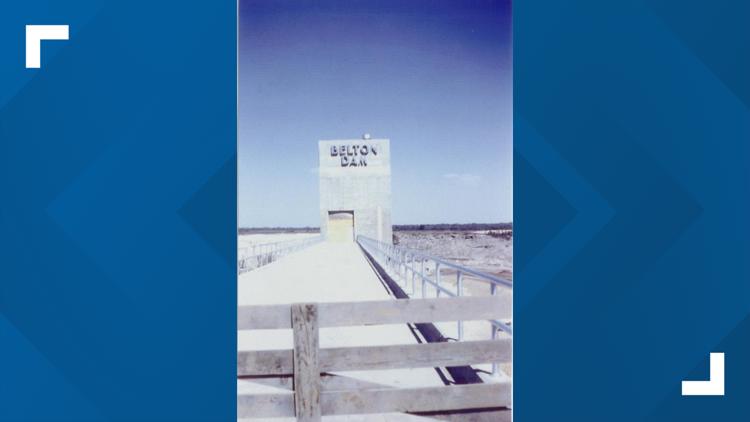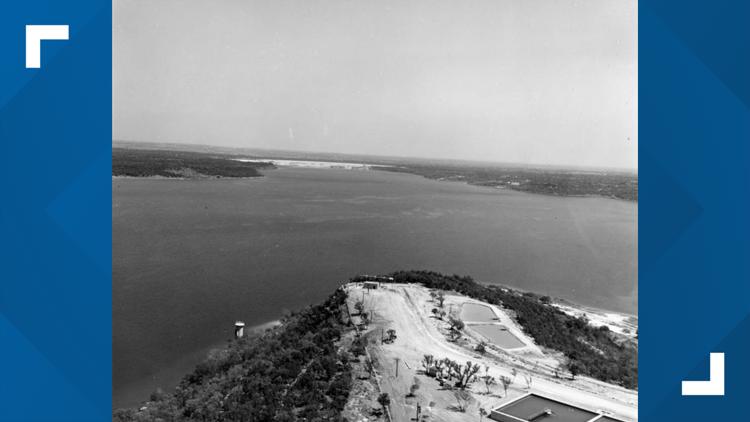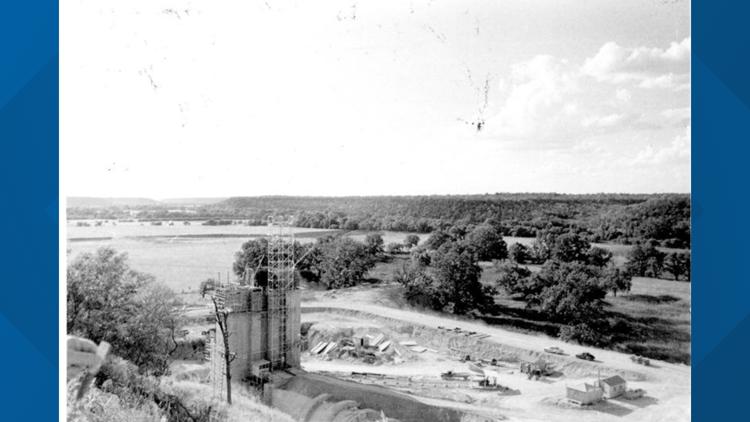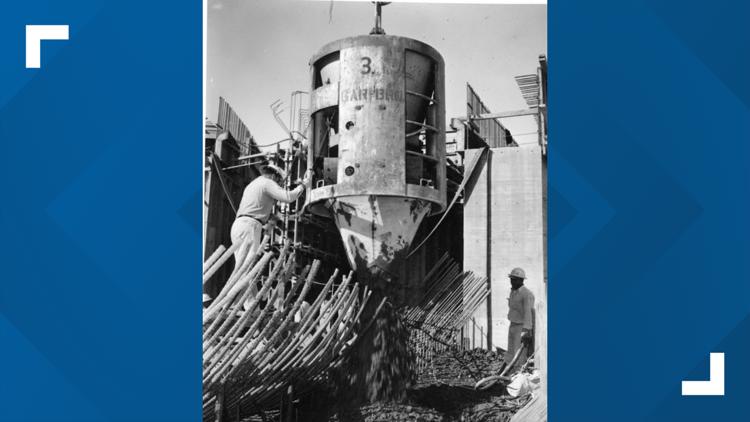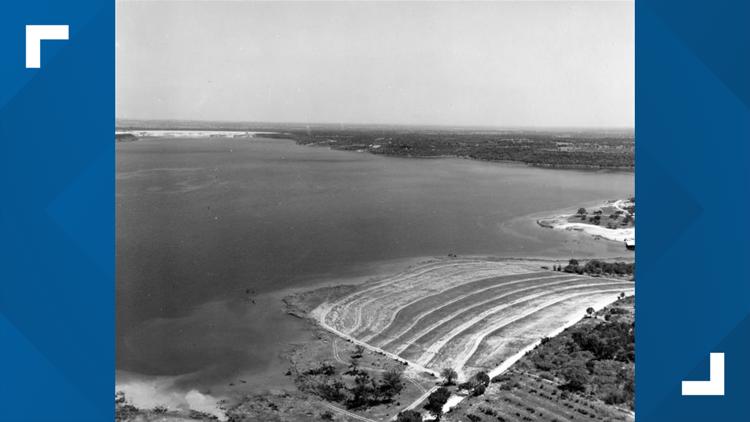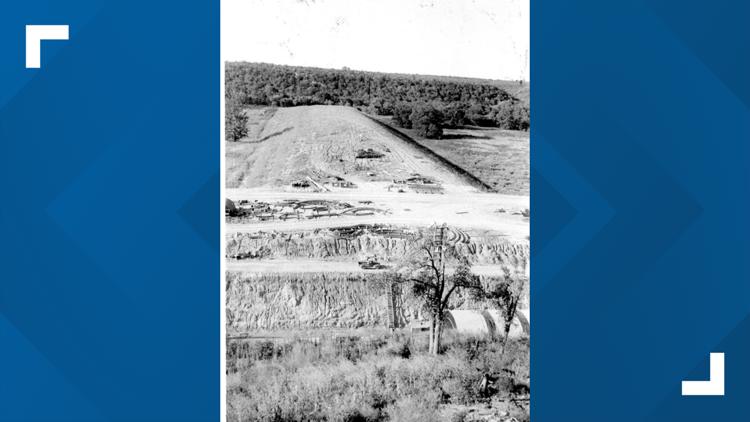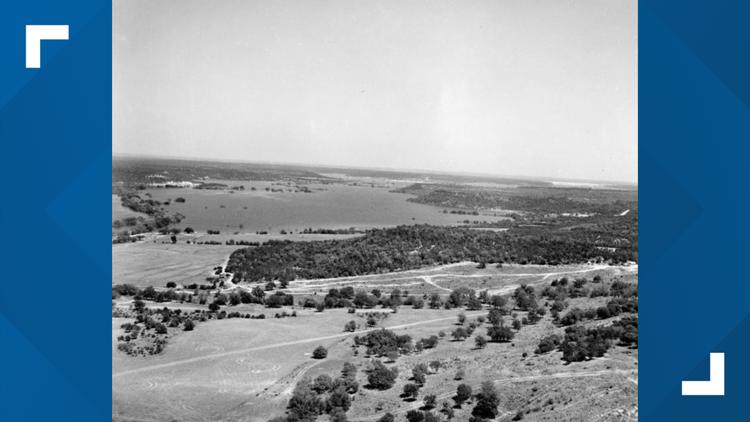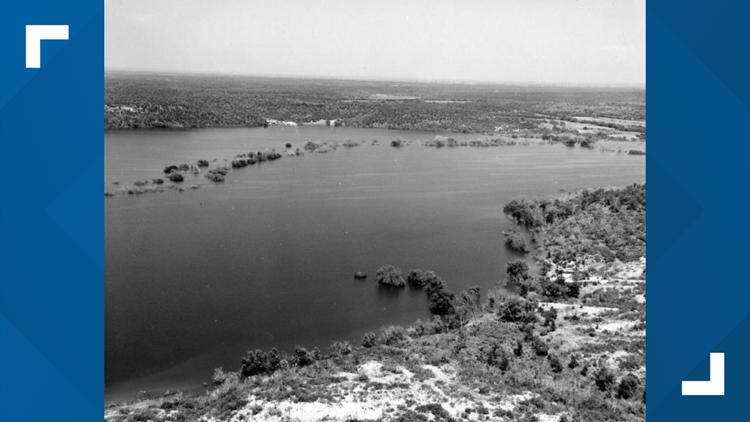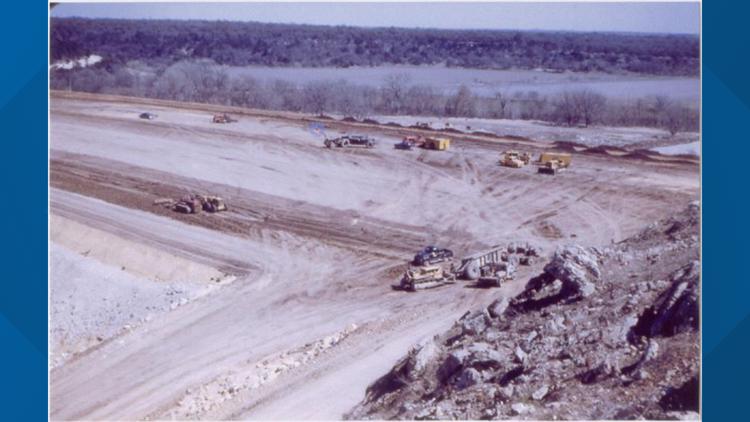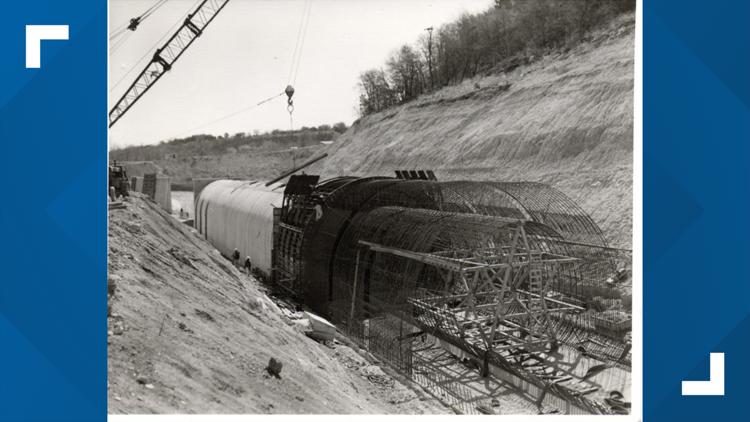BELTON, Texas — Underneath Belton Lake lie what people in the Central Texas community once called home.
As lake levels reach historic lows, those memories of the past are once again being revealed.
Bell County researcher Patricia Benoit has a historical column in a local newspaper. She explained how before there was a lake, there was a small collection of communities in the area known as 'Tennessee Valley'.
"These were family groups that had moved in mostly from Tennessee and Oklahoma after the Civil War," Benoit explained, "There's evidence that they were settling in as early as 1844 or 1845 right around the time Texas becomes a state,"
Sparta and Bland are two of the 16 small communities that were part of the Tennessee Valley. These communities earned their names from settlers who were inspired by their homelands.
The Tennessee Valley thrived through the 1900s as people started their families and earned their living there.
But as time progressed, Benoit says the people wanted more, so they migrated to other towns.
"By the late 1940s, most of these communities were down to just a few," Benoit said. "Like Bland, for example, it was a pretty sizable little community of several hundred people. But by 1949, there were only 20 elderly residents left."
Story continues below:
Photos: What lies beneath Belton Lake?
During the 1940s and 1950s, Belton and many nearby towns experienced a lot of flash flooding. Benoit says over 30 people died because of the flooding.
Camp Fort, now known as Fort Cavazos, was stationed in the Tennessee Valley at the time.
The camp was looking to expand, but neither they nor the nearby towns had a suitable water source to do it. That's when the U.S. government honed in on Tennessee Valley.
"This was kind of a win-win for everybody all the way around, so that's why the lakes were created," Benoit added.
Belton Lake began construction in the 1950s. Many grave sites were transferred to different locations during that time, but because some were unmarked, they could still be in the lake.
The communities are long gone, but the history can still be found in the area through street names or even people who remember it.
"In some cases, there are still these reunions that happen every few years where they come together and just share stories, scrapbooks and family information," Benoit said.
To learn more about Belton Lake, visit the Bell County Museum.

